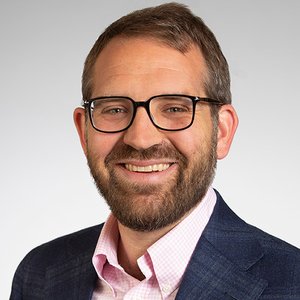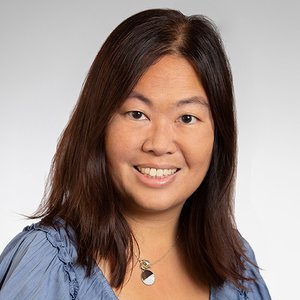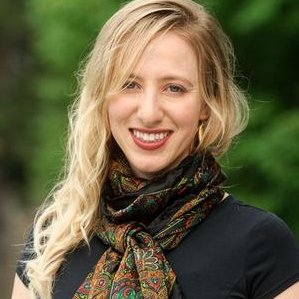HS16: Early Modern Connected Histories
About
The Early Modern Connected Histories Workshop is a CNY collaboration among faculty and graduate students focused on exploring global connected histories (Mediterranean, Indian Ocean, Pacific, Atlantic, Caribbean, Early American worlds) through new research, methodologies, and works in progress.
Open to New People
Active since: 2022
- Syracuse University
- Hamilton College
Collaborative Goals
This group fosters intellectual exchange and supports new research by faculty and graduate students who explore connected histories of the early modern (c. 1400-c.1800) world. By imagining early modernity in its most capacious and inclusive terms and working across disciplinary boundaries, we bring together scholars with expertise in European, Latin American, early American, South Asian, Middle East, Pacific, etc. worlds. As a natural corollary, scholars in the group work in a wide variety of languages and employ a range of methods including historical archival, geographic and cartographic, art historical, medical and scientific, environmental, etc. research. We engage with urgent scholarly and public conversations. Similarly, the diversity of the research group's methods and expertise reflect the group's wider commitment to fostering an open and inclusive, boundary crossing investigation of the early modern world.
The goals of the working group are many. First and foremost, we seek to provide a forum for presenting and discussing new work in progress. This fills a particularly urgent need for current graduate students and junior faculty. Fostering cross-disciplinary regional conversations will support new collaborations and open the possibility of regular stimulating partnerships. CNY universities have collectively an extraordinary wealth of people working on early modern connected histories who have hitherto been largely working in isolation. This group seeks to regularly bridge that gap and especially serve the needs of graduate students who need experience and the stimulation provided by seeing and presenting scholarly work from its inception to its nearly complete form. As a consequence of the scale of graduate programs and fragmentation of global connected histories across CNY and within our institutions, this collaboration is essential.
For the upcoming year, our activities are scaffolded between regular workshops, guest speakers, and a writing retreat.
Group Organizers

Brian Brege
Associate Professor of History, Syracuse University, Maxwell School of Citizenship & Public Affairs

Junko Takeda
Professor of History, Syracuse University, Maxwell School of Citizenship & Public Affairs

Mackenzie Cooley
Associate Professor of History, Director of Latin American Studies, Hamilton College
Group Members
- Junko Takeda, Professor, Syracuse
- Mackenzie Cooley, Assistant Professor, Hamilton College
- Brian Brege, Associate Professor, Syracuse
- Karl Offen, Professor, Syracuse
- Robert Travers, Associate Professor, Cornell
- Samantha Herrick, Associate Professor, Syracuse
- Ana Mendez-Oliver, Assistant Professor, Syracuse
- Stephanie Shirilan, Associate Professor, Syracuse
- Albrecht Diem, Professor, Syracuse
- Laura Tillery, Assistant Professor, Hamilton
- Katherine Terrell, Professor, Hamilton
- Irina Savinetskaya, Special Collections, Library, Syracuse
- Kate Holohan, Art Museum, Syracuse
- Holly Kuhl, PhD student, Syracuse
- Lydia Biggs, PhD student, Syracuse
- Jessica Rose Hogbin, PhD student, Syracuse
- Caroline Barraco, MA student, History, Syracuse
- Caleb Fouts, PhD student, Syracuse
- Nitya Chagti, PhD student, Syracuse
- Cameron Kline, PhD student, Syracuse
- Jeannette Memmer, PhD student, Syracuse
- Wenrui Zhao, PhD student, Cornell
- Jessica Minieri, PhD student, Binghamton
- Lisa Trivedi, Professor, Hamilton College
- Kevin Grant, Professor, Hamilton College
Activities
Early Modern Connected Histories Writing Retreat
April 13, 2025, 8:30 a.m.
Postal Intelligence: The Tassis Family and Communications Revolution in Early Modern Europe
March 5, 2025, 4:10 p.m.